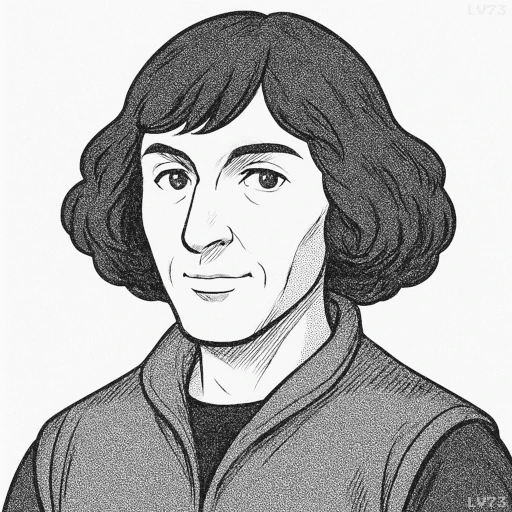“I am aware that a philosopher’s ideas are not subject to the judgment of ordinary persons, because it is his endeavour to seek the truth in all things, to the extent permitted to human reason by God.”

- February 19, 1473 – May 24, 1543
- Polish
- Astronomer, Mathematician, Founder of the Heliocentric Theory
table of contents
Quote
“I am aware that a philosopher’s ideas are not subject to the judgment of ordinary persons, because it is his endeavour to seek the truth in all things, to the extent permitted to human reason by God.”
Explanation
Copernicus defends the role of the philosopher—or scientist—as one who seeks truth beyond popular opinion. By declaring that such ideas are “not subject to the judgment of ordinary persons,” he highlights the tension between the pursuit of knowledge and the limitations of common understanding. This is not a dismissal of the public, but rather a recognition that the search for truth often requires specialized reasoning and courage to defy convention.
The phrase “to the extent permitted to human reason by God” reveals the humility Copernicus maintained despite his groundbreaking work. While he challenged long-held cosmological views, he still grounded his pursuit of truth in a theological framework, suggesting that reason itself is a gift from the divine. This balance between faith and inquiry was essential for survival in a time when contradicting Church doctrine could provoke severe consequences.
In modern terms, this quote resonates with debates over expertise, scientific authority, and public skepticism. Whether discussing climate science, medicine, or technology, many thinkers face the challenge of explaining complex truths in the face of widespread misunderstanding. Copernicus reminds us that intellectual progress often demands independence from popular judgment, grounded in disciplined reason and ethical responsibility.
Would you like to share your impressions or related stories about this quote in the comments section?




